2024年5月21日至24日,由中国海洋发展基金会指导,福建海洋可持续发展研究院(以下简称:闽海院)与中交水运规划设计院有限公司(以下简称:中交水规院)联合主办的海洋空间规划高级研修班在厦门举办,来自东帝汶和印尼的涉海官员、学者参加了本期研修班。研修班根据学员诉求,邀请了富有理论修养和实践经验的专家进行专题授课,并针对东帝汶的海洋空间规划发展现状、面临的问题和挑战、双方如何开展合作等展开了深入的讨论;随后,研修班学员们前往厦门市海岸带综合管理及生态修复典型区域进行踏勘调研,直观且深刻地了解海洋空间规划(MSP)对厦门海岸带可持续发展的贡献。学员们在本次研修班学习交流,深化合作。
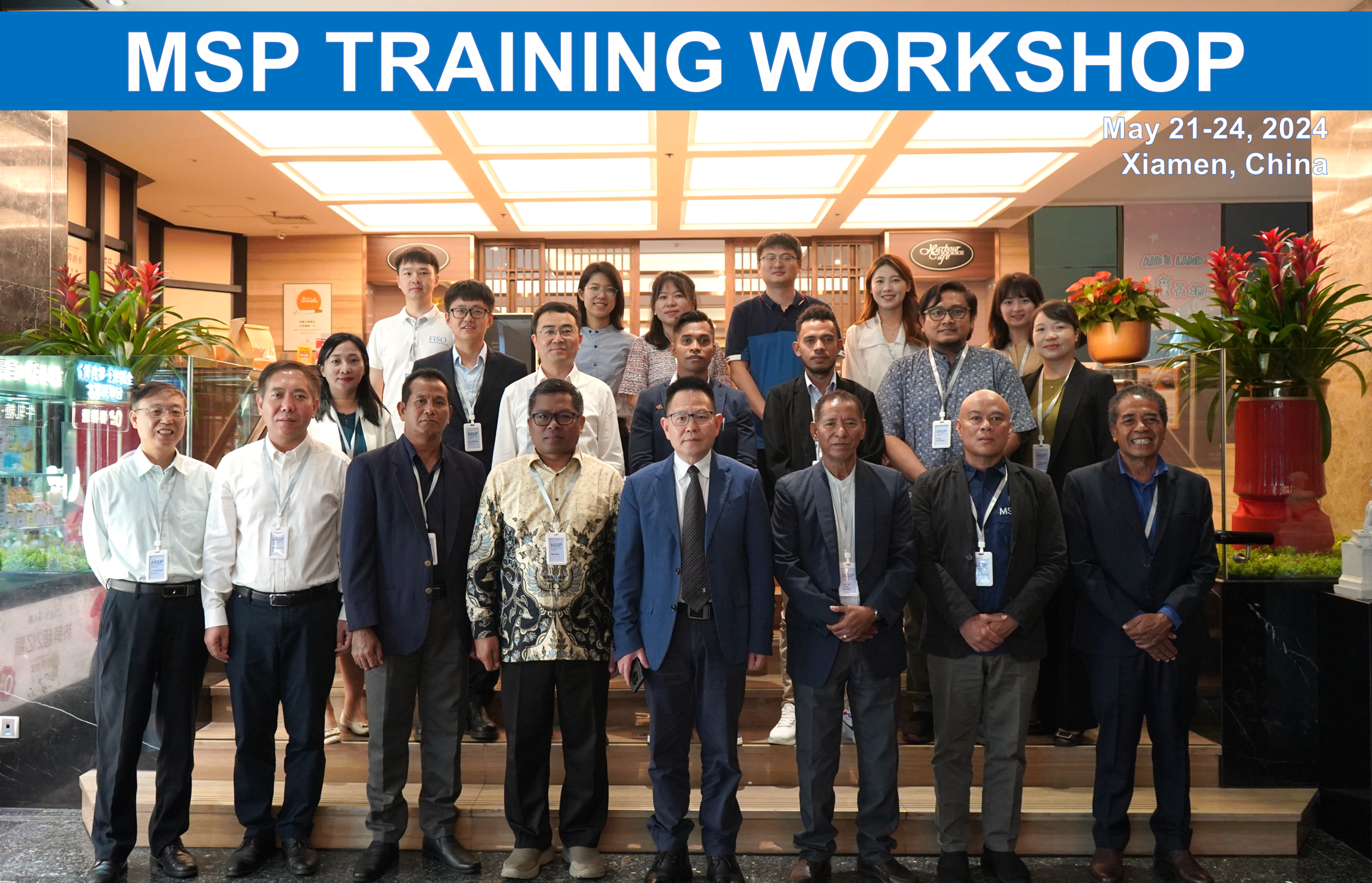
图:研修班合影
Img. Group Photo
研修班讲座和研讨部分由闽海院院长薛雄志教授主持。专题讲座部分,中国海洋发展基金会副理事长、秘书长潘新春教授以“中国海洋空间规划的实践与成就”为题,为来自东帝汶与印度尼西亚的高级研修班学员讲授第一课。他介绍了中国海洋空间规划的发展与历程,阐述了中国海洋空间规划所取得的实践与成就,展望了中国海洋空间规划如何走向“一带一路”,并详细介绍了基金会海上丝路项目合作的模式与机制等,特别表达了对与东帝汶等国家开展深入合作的热切期待和真诚欢迎,展现了中国在海洋领域开放合作、共谋发展的广阔胸怀;薛雄志教授从管理的核心是管理人类活动切入,深刻剖析了自然、社会与经济之间的紧密联系,分享了海岸带综合管理(ICM)在厦门的实践历程,理论与实践相结合地阐释了ICM与MSP相互促进的耦合关系,即ICM为MSP的科学有效实施提供了有力保障,而MSP作为一种高效的管理工具,不仅为管理的具体实施提供了依据,更确保了管理效果的切实落地;中交水规院副总经理钱立明先生简单介绍了中交水规院的背景,表达了助力东帝汶MSP工作的意愿;中交水规院发展研究院副院长郝旭副研究员向研修班学员详细介绍了中交水规院的整体情况、主要业务等,特别是在蓝色经济领域,中交水规院凭借精细化的规划流程,有力推动了港口及其周边区域的和谐共生与繁荣发展。此外,公司还积极参与“一带一路”等重大项目,与众多发展中国家携手合作,大力推广绿色智慧港口理念;中交水规院高级工程师刘玉龙先生则详细介绍了斐济海洋空间规划项目案例。中交水规院聚焦斐济滨海旅游、港口航运、水产渔业、商贸加工等领域,为此规划了二十个具体的开发项目,其中初期投资将倾向于渔业基地、水产养殖、船坞建设、旅游综合体及清洁能源项目(如潮汐发电、海上风电)等,旨在推动斐济海洋资源的可持续利用及蓝色经济的多元化与可持续发展。
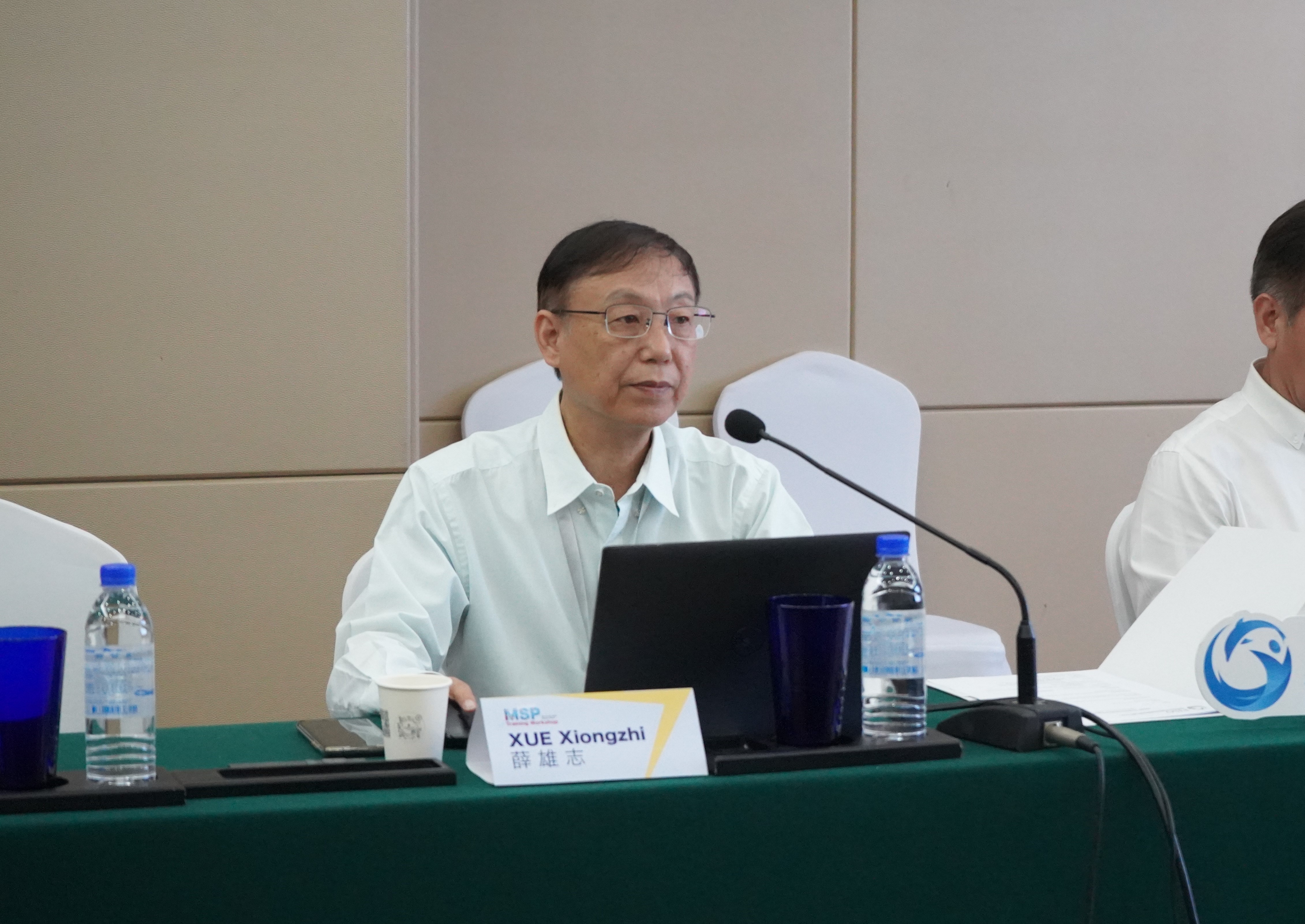
图:薛雄志主持、授课
Img. Moderator & Lecturer Xue Xiongzhi
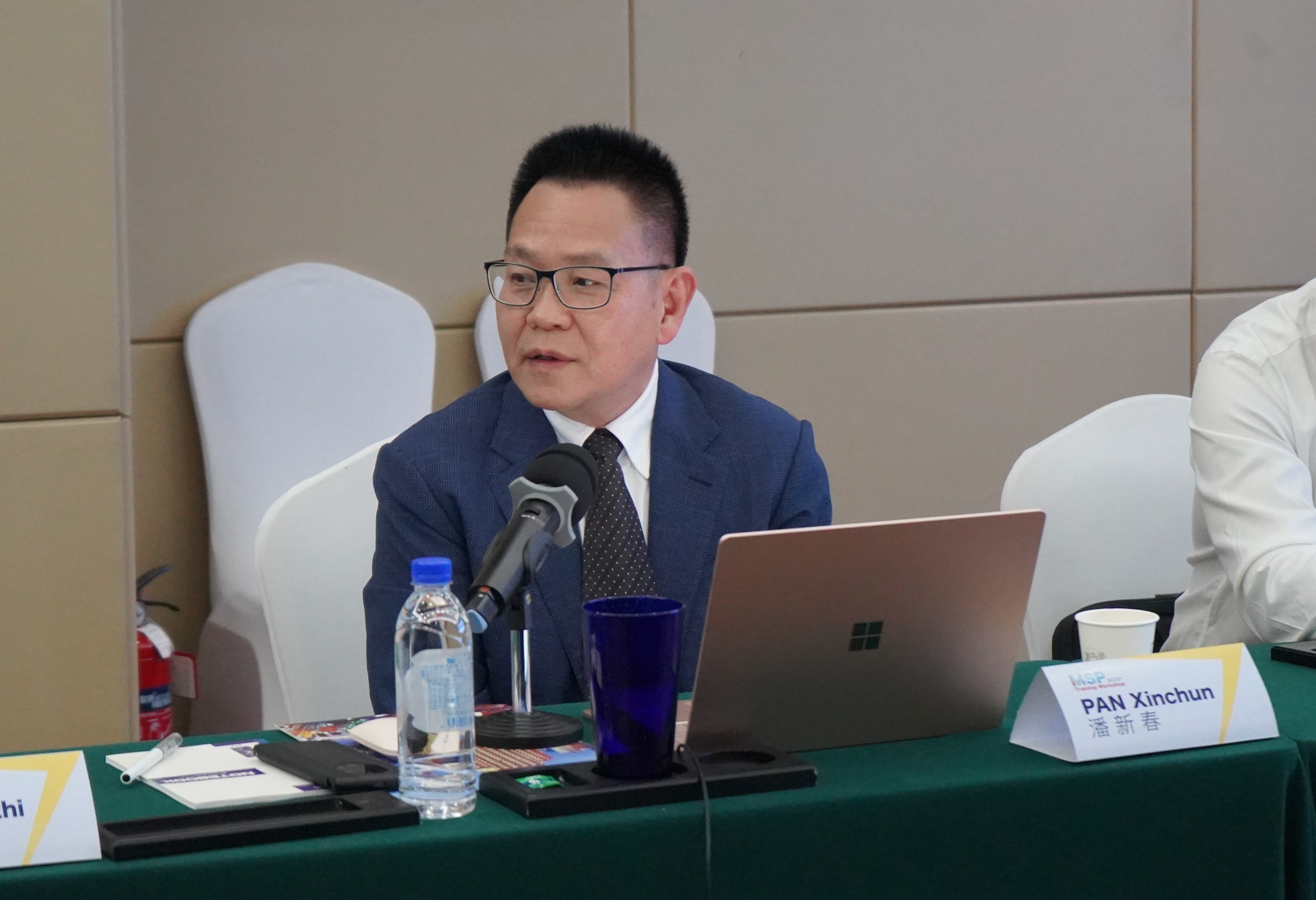
图:潘新春授课
Img. Lecturer Pan Xinchun
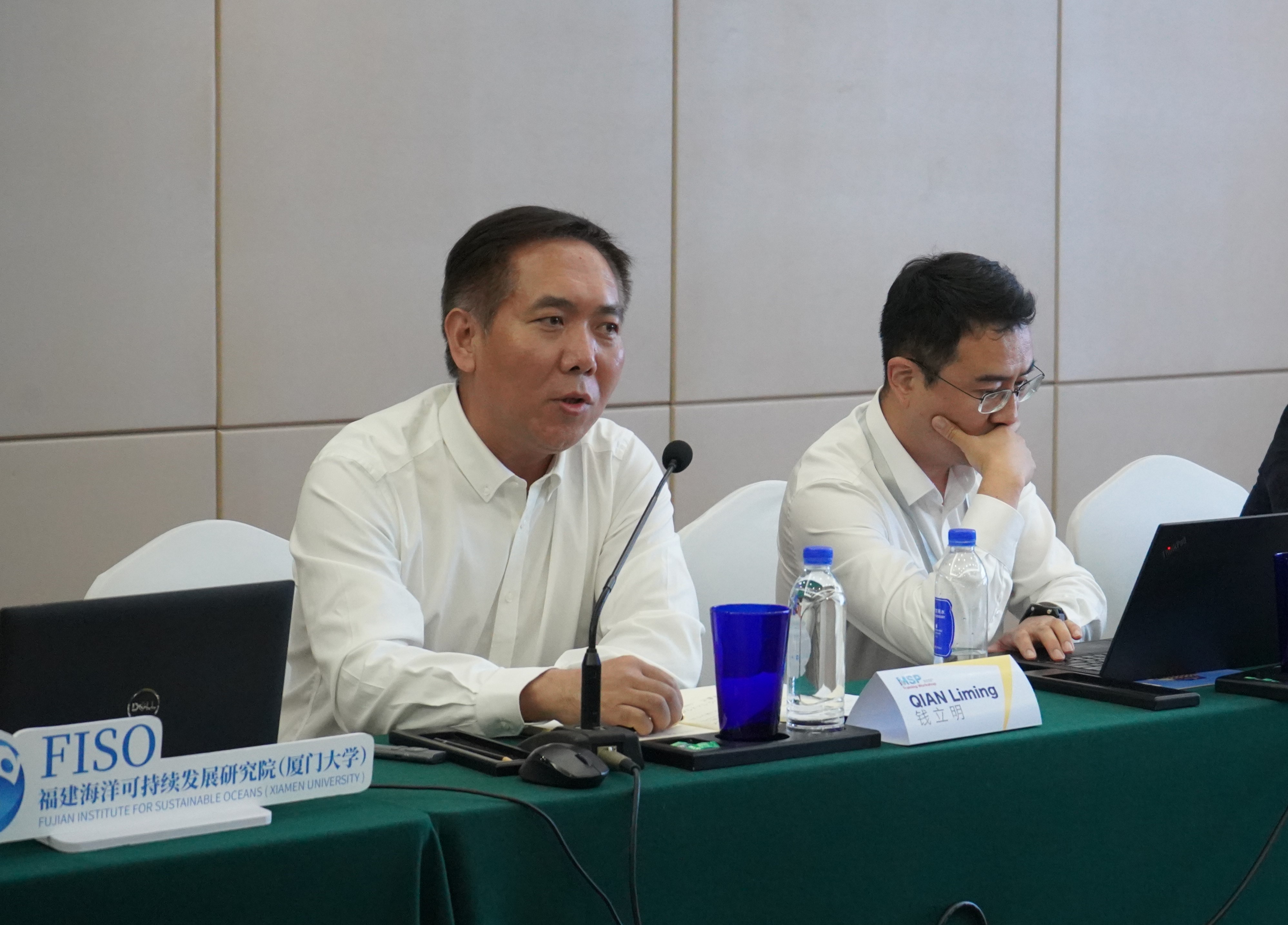
图:钱立明授课
Img. Lecturer Qian Liming
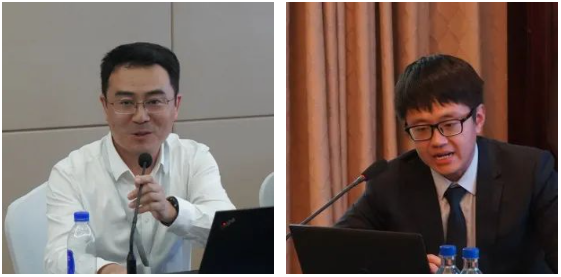
图:郝旭、刘玉龙授课
Img. Lecturers Hao Xu & Liu Yulong
研讨部分,中国海洋发展基金会、闽海院与中交水规院同东帝汶、印尼方相关代表就东帝汶海洋空间规划工作进行了深入的交流和探讨。东帝汶农牧渔林部海洋空间规划与海洋资源管理处负责人Constancio先生首先介绍了东帝汶海洋与海岸带现状、海洋空间规划发展现状、面临的困难与挑战等。Constancio先生指出,东帝汶是一个位于东南亚的年轻岛国,坐拥丰富的海洋资源,海洋对其经济、文化乃至国家身份具有不可估量的价值。面对全球化与气候变化的双重挑战,开展海洋空间规划对于东帝汶而言,不仅是国家发展战略的关键组成部分,也是保障国民福祉、促进可持续发展的必由之路。东帝汶期望与中国开展海洋空间规划领域的合作,尤其是海洋空间规划的技术支持、能力建设等方面。潘新春秘书长指出,经过持续的实践探索和不懈努力,中国已经建立了完善的海洋功能区划法律体系、技术标准体系以及监督实施机制,从而显著提升了海洋生态环境的保护机制,构建了全面的海域综合管理体系。这一系列的举措不仅促进了现代化海洋产业的蓬勃发展,更是为海洋经济的繁荣注入了强大动力。基金会很乐意分享中国海洋空间规划的工作经验,愿与东帝汶一道开展合作,找出东帝汶的发展比较优势,促进东帝汶海洋与海岸带的可持续发展与蓝色经济发展。东帝汶方表示下一步将积极推动东帝汶农牧渔林部与中国海洋发展基金会签订具体的合作谅解备忘录,以确保具体合作事项的顺利开展。
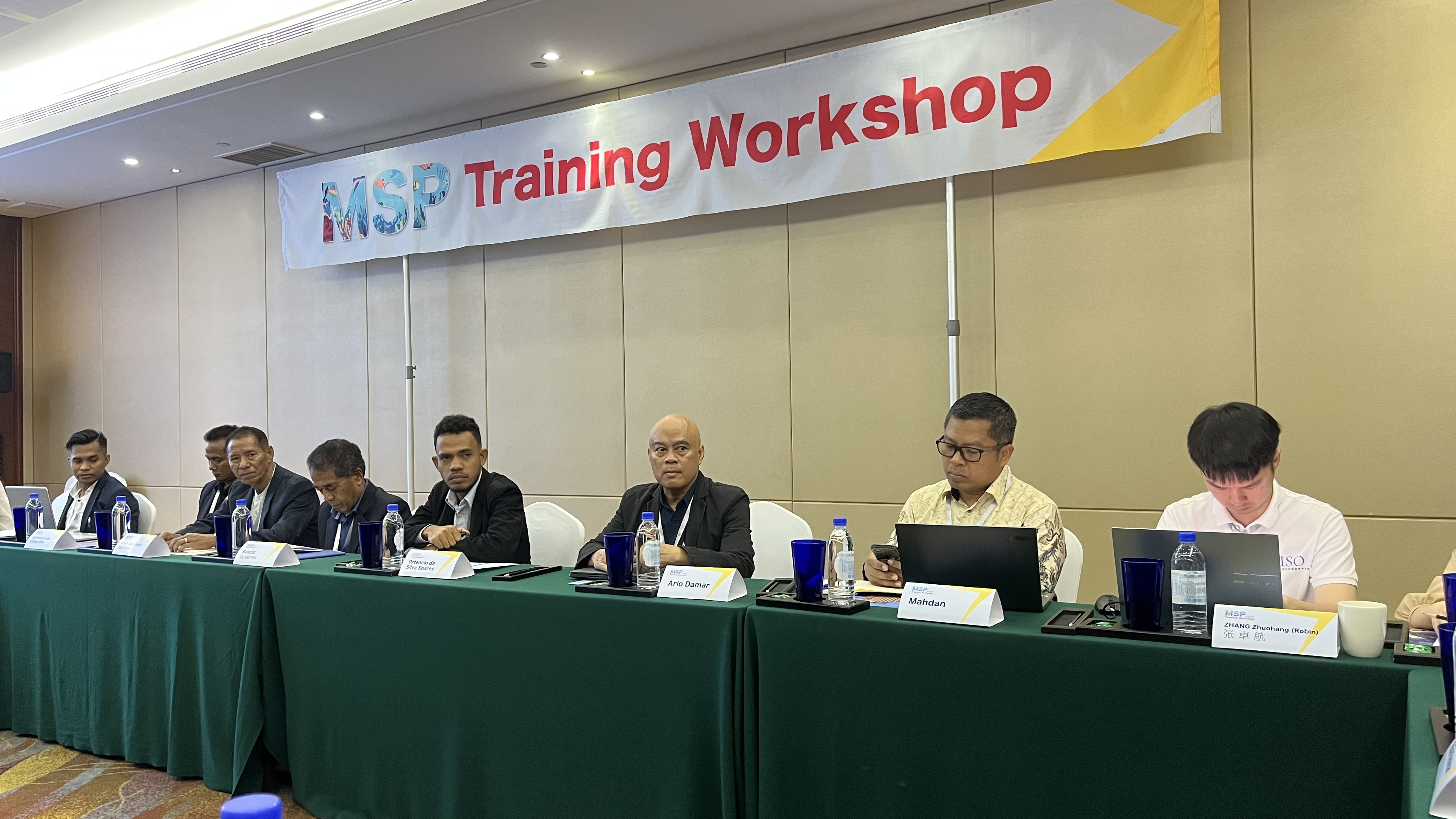

图:来自东帝汶的代表Constancio、Acacio发言
Img. Representatives from Timor-Leste: Constancio and Acacio Delivering Comments
之后,研修班学员赴厦门市海岸带综合管理及生态修复典型区域进行踏勘调研,了解厦门在海洋生态修复、污染控制、蓝色经济发展等方面所做的努力,深刻体会海岸带综合管理和海洋空间规划对厦门社会经济发展的重要意义。
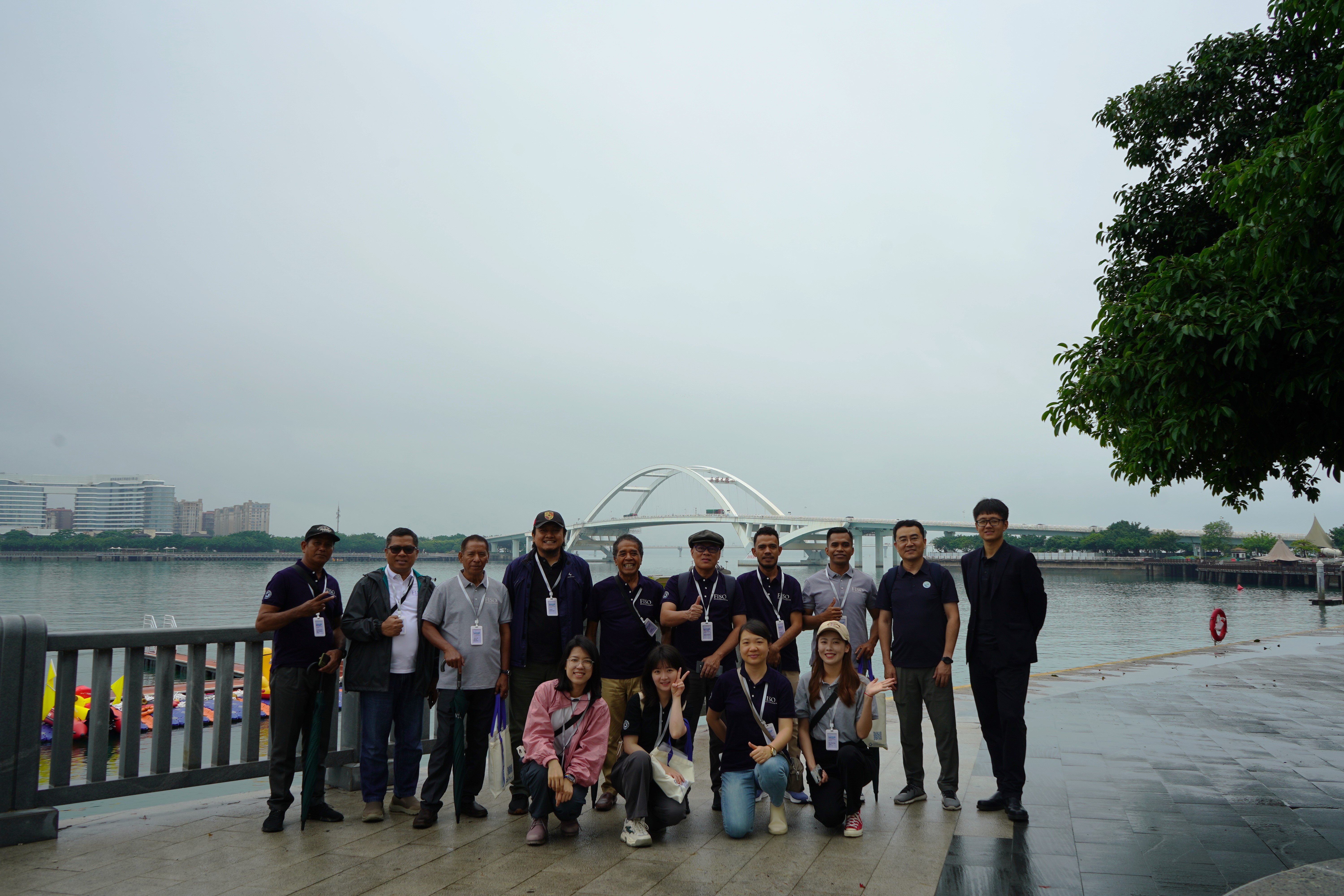
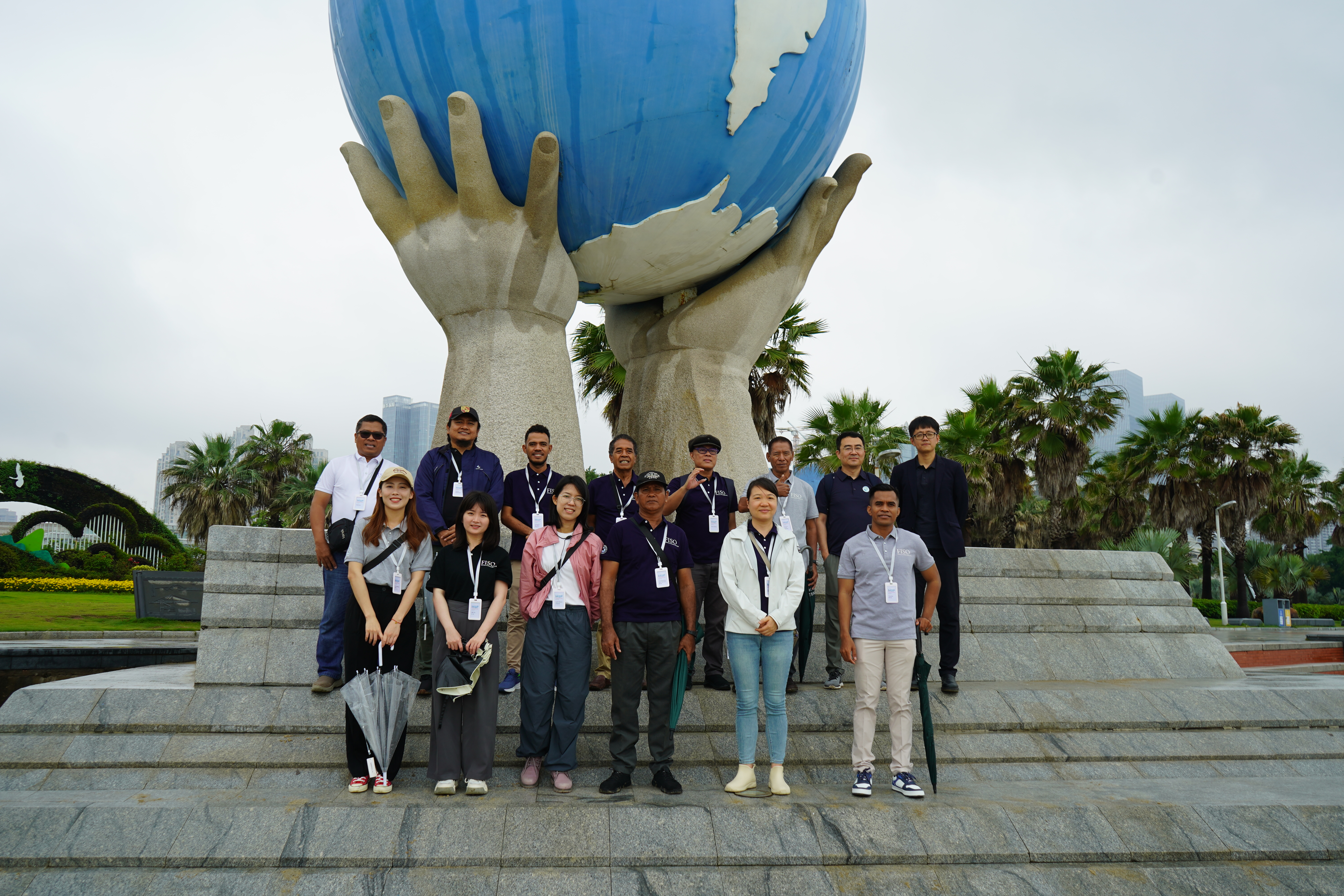
图:五缘湾、会展沙滩踏勘
Img. Field Trip to Wuyuan Bay and Conference & Exhibition Center Beach
海洋空间规划对于东帝汶而言,是一把开启可持续发展未来的关键钥匙。通过这一前瞻性的规划,东帝汶将能够更好地驾驭海洋资源,守护蓝色家园,迈向更加绿色、健康、和谐的发展道路。此次研修班的举办,标志着我方助力东帝汶开展海洋空间规划向前迈出了坚实的一步,通过多方联合的持续深化合作,不仅将促进东帝汶经济社会发展,也将为推动构建新型国际关系和人类命运共同体贡献力量。
From May 21-24, the Marine Spatial Planning Training Workshop, supervised by China Oceanic Development Foundation (CODF) and organized by Fujian Institute for Sustainable Oceans, Xiamen University (FISO) and CCCC Water Transportation Consultants Co., Ltd. (hereinafter the 'CCCC Water'), was held in Xiamen. Participants included maritime officials and scholars from Timor-Leste and Indonesia. Tailored lectures from seasoned experts were delivered to the participants, followed with discussions on the current state of marine spatial planning (MSP) development in Timor-Leste, problems and challenges faced, and how the parties can cooperate. The participants also had field surveys in Xiamen's integrated coastal management (ICM) and ecological restoration demonstration sites, which provides straightforward understanding of the contributions of MSP to the sustainable development of Xiamen's coastal zones.
The Workshop was moderated by Prof. Xue Xiongzhi, Dean of FISO. Prof. Pan Xinchun, Vice Chairman and Secretary General of CODF, delivered the first lecture entitled "Practices and Achievements of China's Marine Spatial Planning". He introduced the development of MSP in China, elaborated on its practical achievements, and discussed how China's MSP could be adapted to countries along the "Belt and Road". Additionally, he provided a detailed introduction to the cooperative models and mechanisms of CODF's Maritime Silk Road project, expressing a keen expectation for in-depth cooperation with Timor-Leste, Indonesia and other countries, and willing to embrace, as always, the open cooperation and mutual development in the marine sector. Prof. Xue Xiongzhi's lecture cut directly to the core of ocean governance - the management of human activities. He then analyzed the close connections between nature, society, and the economy. He shared the practical history of ICM in Xiamen, explaining both theoretically and practically the coupling relationship between ICM and MSP. He pointed out that ICM provides strong support for the scientific and effective implementation of MSP, while MSP, as an efficient management tool, not only provides a basis for the implementation of management but also secures tangible management outcomes. Mr. Qian Liming, Deputy General Manager of CCCC Water, gave an overview of the company and expressed their willingness to support Timor-Leste's MSP efforts. Mr. Hao Xu, Associate Researcher and Deputy Director of the Development Research Institute of CCCC Water, gave a detailed introduction of the institute and its business scope, especially in the blue economy sector, where through refined planning processes, the institute has promoted the coordinated development of numerous ports and their surrounding areas. Furthermore, the company has participated in key programs such as the "Belt and Road Initiative", collaborating with a number of developing countries to promote the concept of green and intelligent ports. Senior Engineer Mr. Liu Yulong from CCCC Water provided a detailed introduction to their cooperation project with Fiji. Focusing on Fiji's coastal tourism, port shipping, fisheries, and commercial processing, the CCCC water planned 20 specific development projects. Among these projects, initial investments will be directed towards fishery bases, aquaculture, dock construction, tourism complexes, and clean energy projects (such as tidal power and offshore wind power). The aim is to promote the sustainable utilization of Fiji's marine resources and the diversification and sustainable development of its blue economy.
During the discussion section, representatives from the CODF, FISO, and CCCC Water engaged in exchanges with representatives from Timor-Leste and Indonesia regarding MSP in Timor-Leste. Mr. Constancio, Chief of Marine Spatial Planning and Coastal Resource Management of the Ministry of Agriculture, Livestock, Fisheries and Forestry of Timor-Leste, first introduced the conditions of the country's marine and coastal zones, the development of MSP, and the challenges faced. Timor-Leste is a young island state in Southeast Asia with abundant marine resources, Mr. Constancio pointed out. The ocean holds immeasurable value for its economy, culture, and national identity. Facing the dual challenges of globalization and climate change, implementing MSP is not only a key component of Timor-Leste's national development strategy but has also become an essential path to ensuring the well-being of its people and promote sustainable development. Timor-Leste is expecting to cooperate with China in MSP, particularly in the aspects of technical support and capacity building. Prof. Pan Xinchun pointed out that through relentless practical efforts, China has established a comprehensive legal framework for marine functional zoning, a technical standards system, as well as supervision and implementation mechanisms. These measures have significantly enhanced marine ecological protection mechanisms and built a comprehensive integrated management system for sea areas. These initiatives have not only promoted the development of modern marine industries but also injected strong momentum into the marine economy. CODF is willing to share China's experience in MSP and looks forward to cooperating with Timor-Leste to identify its comparative advantages and promote the sustainable development of Timor-Leste's marine and coastal areas as well as its blue economy. Next, the Timor-Leste side will promote the signing of a memorandum of understanding on cooperation between the Ministry of Agriculture, Livestock, Fisheries and Forestry of Timor-Leste and CODF to ensure the smooth implementation of cooperation projects in said fields.
Following the discussion, the participants went on field visits to Xiamen ICM and ecological restoration demonstration sites. Impressed by the city’s efforts in restoring marine ecology, pollution control, blue economy, etc., the participants gained a deeper understanding of the value that ICM and MSP provided towards Xiamen's social and economic development.
For Timor-Leste, MSP is a key to a sustainable future. Through this forward-looking planning, Timor-Leste will be able to optimize the utilization of marine resources, safeguard its marine environment, and take on a healthier and more balanced development path. The Workshop marks a solid step forward in facilitating Timor-Leste to carry out MSP, which will not only promote the economic and social development of the country, but also contribute to the building of a new type of international relations and a human community with a shared future through the continued and deepened cooperation between China and "Belt and Road" countries.

